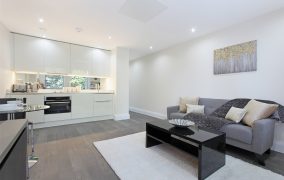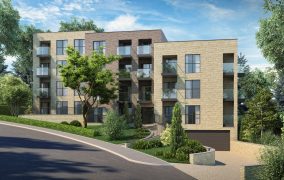Current Developments
Don's Court is a collection of 14 Studio and 3 Two Bedroom Apartments .
Located above our Head Office, these apartments are held in our rental portfolio and are ideal for young professionals.
Please contact us to check availability. 0208 313 1411
3 Bedroom 2 Bathroom Apartments
From £580,000 Help to Buy Available
Jasmine Lodge is a high specification, luxury
development of 9 three bedroom apartments with basement parking and a lift to all floors.







